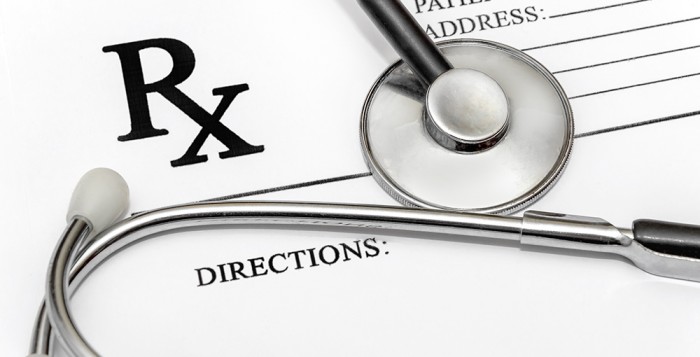Separate Notice of Proposed Rulemaking Would Completely Eliminate In-Person Evaluation for Prescribed Medications
The Substance Abuse and Mental Health Services Administration (SAMHSA) and the U.S. Drug Enforcement Agency (DEA) this month released three new prescribing-related telehealth rules.
The Final Rule On the Expansion of Buprenorphine Treatment Via Telemedicine Encounter authorizes DEA-registered practitioners to prescribe Schedule III-V controlled substances, including buprenorphine, for opioid use disorder, through an audio-only encounter for an initial six-month supply (split among multiple prescriptions over six calendar months). Although the rule has been published in the Federal Register and is set to take effect February 18, 2025, President Trump issued a regulatory freeze pending review that requires executive departments and agencies to consider postponing the rule’s effective date for 60 days to review “any questions of fact, law, and policy that the rules may raise.”
Under this final rule, practitioners must first review the patient’s prescription drug monitoring program data for the state in which the patient is located during the telemedicine encounter. Additional prescriptions can be issued under other forms of telemedicine as authorized under the Controlled Substances Act, or after an in-person medical evaluation is conducted. SAMHSA advises practitioners to check with their state medical boards about what specific telemedicine practices are currently authorized for prescribing controlled medications after this six-month period. RCPA has reached out to the Pennsylvania Department of State to determine whether there are telemedicine pathways in place to enable prescribing beyond the initial six-month period without an in-person examination.
This regulation also requires the pharmacist to verify the identity of the patient prior to filling a prescription. This final rule does not apply to practitioners who have already evaluated their patient in person.
Separate Proposed Rule Would Completely Eliminate In-Person Evaluation for Prescribed Medications
However, a separate proposed rule on Special Registrations for Telemedicine and Limited State Telemedicine Registrations would establish special registrations that will permit a patient to receive prescribed medications through telemedicine visits without ever having an in-person medical evaluation from a medical provider. According to the DEA, the special registration is available to medical providers who treat patients for whom they will prescribe Schedule III-V controlled substances. An Advanced Telemedicine Prescribing Registration is available for Schedule II medications when the medical practitioner is board certified in one of the following specialties: psychiatrists; hospice care physicians; physicians rendering treatment at long term care facilities; and pediatricians for the prescribing of medications identified as the most addictive and prone to diversion to the illegal drug market. This regulation allows specialized medical providers to issue telemedicine prescriptions for Schedule II-V medications.
DEA is seeking public comment by March 18, 2025, on additional medical specialists that should be authorized to issue Schedule II medications. Public comments will also be requested on additional patient protections for the prescribing of Schedule II medications by telemedicine, including whether the special registrant should be physically located in the same state as the patient being prescribed Schedule II medications; whether to limit Schedule II medications by telemedicine to medical practitioners whose practice is limited to less than 50 percent of prescriptions by telemedicine; and the appropriate duration needed for the rules’ provisions to be enacted.
For the first time, online platforms that facilitate connections between patients and medical providers that result in the prescription of medications will be required to register with DEA. This is critical, as DEA has found some unscrupulous medical providers on online platforms have used flexible telemedicine rules to put profit ahead of the well-being of patients.
The special registration rule will also require the establishment of a national PDMP to help the health industry protect against abuse and the diversion of controlled substances into the illegal drug market. A national PDMP will provide pharmacists and medical practitioners with visibility of a patient’s prescribed medication history.
Additionally, a Final Rule on Continuity of Care Via Telemedicine for Veterans Affairs (VA) patients was issued, allowing practitioners acting within the scope of their VA employment to prescribe controlled substances via telemedicine to a VA patient with whom they have not conducted an in-person medical evaluation. VA practitioners are permitted to prescribe controlled substances to VA patients if another VA practitioner has, at any time, previously conducted an in-person medical evaluation of the VA patient, subject to certain conditions.














